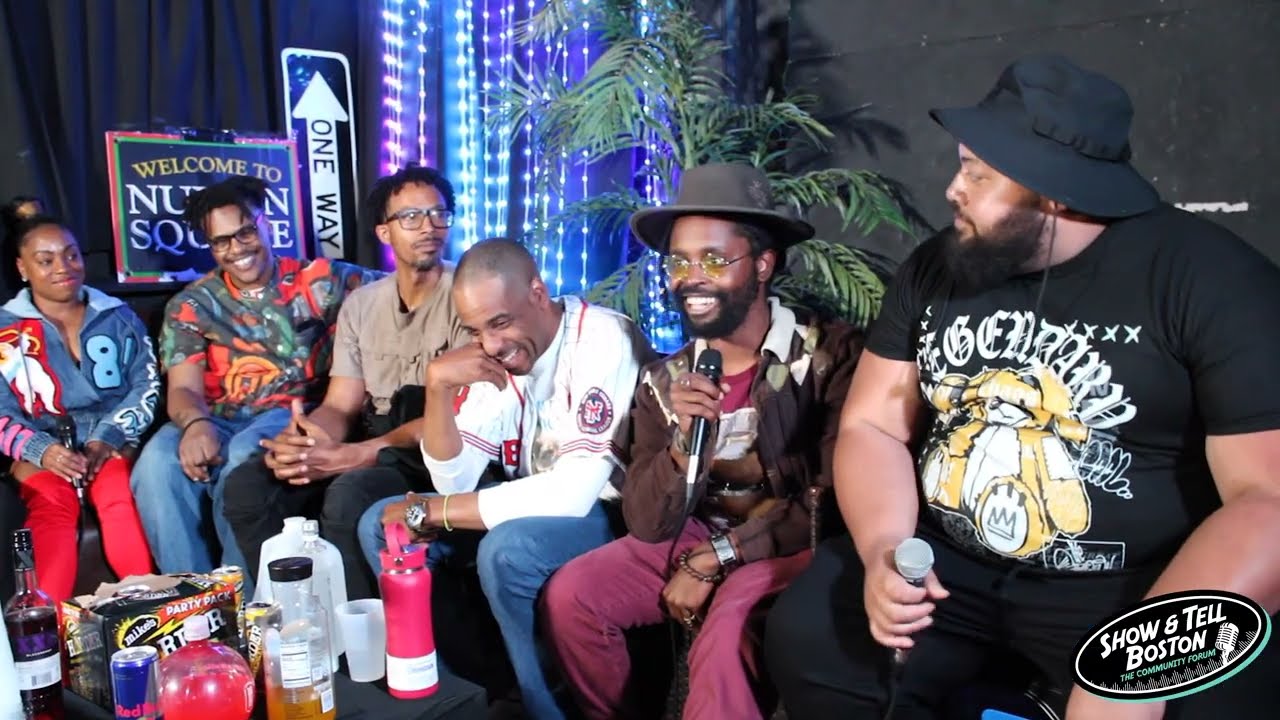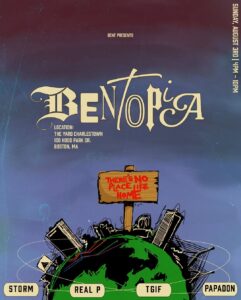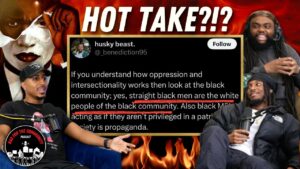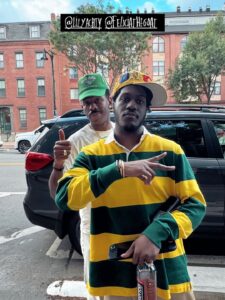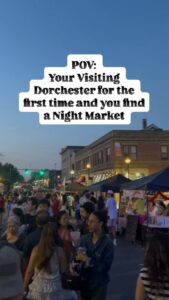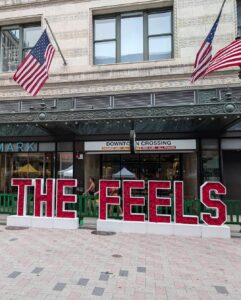Episode 87 of Show & Tell Boston doesn’t hold back. In its signature no-filter style, the community-led series returns with a hard-hitting roundtable that zeroes in on the intersection of culture, politics, and identity within Black communities—both in the U.S. and across the Diaspora. Titled Black Culture Convo: Juneteenth, Reparations, Foundational Black Americans, the episode brings together voices from different cultural backgrounds for a powerful conversation grounded in real-world urgency.
Broadcast in honor of Juneteenth, the episode unpacks everything from ICE raids and reparations to unity, activism fatigue, and cultural disconnection. And true to form, it doesn’t shy away from asking the hard questions.
With a turbulent political climate and rising social tensions, the panelists reflect on whether Black Americans should “lay low” or take a more public stance in 2025. The consensus? Silence isn’t an option. Especially with policies like renewed immigration enforcement disproportionately impacting Black neighborhoods, many argue that now is the time for decisive action—not retreat.
A major thread throughout the discussion is the idea of “being on code”—a phrase referring to collective accountability and unity across Black communities. But is everyone on the same page?
The episode dives into:
- The difficulty of maintaining solidarity without a universally accepted “code”
- Historical wins, like the Montgomery Bus Boycott, that highlight the power of shared purpose
- Modern challenges, including inconsistent boycott efforts and cultural complacency
- The internal work of holding community members accountable when they break from collective goals
Tensions within and beyond the community also come to the forefront. Black Americans express frustration over being asked to spearhead social justice efforts that others don’t show up for in return. There’s also growing concern about migrant resettlement into historically Black neighborhoods—raising issues of resource scarcity and community stability.
Generational trauma, systemic disenfranchisement, and the need for long-haul commitment to activism are all part of the emotional weight carried in this segment.
One of the episode’s most powerful contributions comes from panelists with Haitian, Cuban, and Congolese heritage. They speak candidly about feeling like outsiders—both in American society and within Black American spaces.
Highlights from the diaspora discussion include:
- Struggles with cultural duality and identity fragmentation
- Being burdened with the expectation to care for issues “back home” while building lives in the U.S.
- Limited acceptance from Black American communities despite shared experiences of racism and marginalization
- A reminder of how civil rights history is deeply intertwined with global Black movements
As the episode draws to a close, the panel shifts focus from unpacking problems to proposing solutions. The need to “get back to us”—a phrase used to encourage community-centered healing—resonates with everyone at the table.
Among the takeaways:
- Prioritizing education around Black thought leaders and historical frameworks
- Emphasizing personal responsibility as a starting point for collective change
- Acknowledging that building unity requires messy, honest dialogue
- Remembering that lasting progress takes time, and that patience is part of the process
Episode 87 makes one thing clear: the Black experience isn’t monolithic—but the drive toward equity, self-determination, and justice is shared. By airing uncomfortable truths and bridging gaps between perspectives, Show & Tell Boston continues to serve as an important platform for pushing the culture forward.

